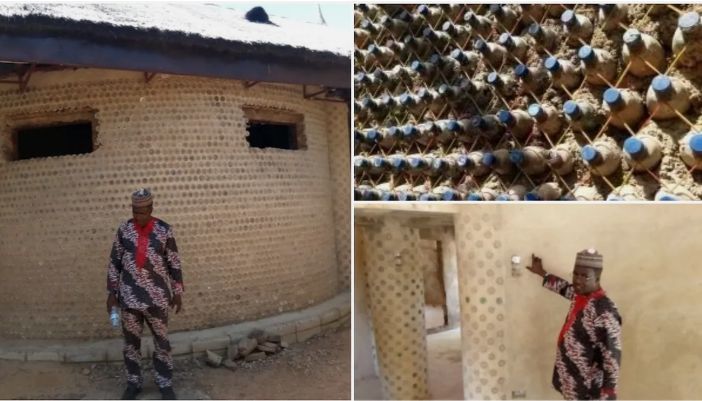Madagascar is currently experiencing heatwaves, wildfires and floods. If there’s still any doubt that the summer of 2021 is a turning point for a global awakening over the looming climate crisis, you can add one more plague of biblical proportions to the list: famine.
The southern part of the island nation of Madagascar, off the east coast of Africa, is experiencing its worst drought in four decades. The World Food Program (WFP) warned recently that 1.14 million people are food-insecure. 400,000 people are heading for famine.
Hunger is already driving people to eat raw cactus, wild leaves and locusts, a food source of last resort. The WFP, which is on the ground helping with food distribution, describes scenes of unimaginable suffering. Families are bartering everything they have—even cooking pots and spoons—for the paltry tomatoes, scrawny chickens and few bags of rice still available in the markets.
“The next planting season is less than two months away and the forecast for food production is bleak,” writes WFP spokesperson Shelley Thakral in a dispatch from the most affected area.
“The land is covered by sand; there is no water and little chance of rain.”
Historically, famines resulted from crop failure, disaster or pest invasion. Modern famines are largely man-made. They are usually sparked by conflict combined with natural disasters or incompetence and political interference.
Madagascar is facing none of those, making it the first famine in modern history caused solely by climate change alone.
It’s unlikely to be the last, says Landry Ninteretse, the Africa director for climate advocacy organization 350.org.
“In recent years we’ve seen climate calamities hitting one country after another. Before it was the horn of Africa, and now it is Madagascar. Tomorrow the cycle will go on, maybe in the northern part of Africa—the Sahel—or the west. And unfortunately, it is likely to continue happening because of climate change.”
Increasing temperatures are disrupting global weather patterns that farmers, particularly those in the developing world, have relied upon for centuries. Monsoons have become increasingly unpredictable. They are starting later than usual, showing up in the wrong place, or sometimes not showing up at all. This is wreaking havoc in places that depend on rain for agriculture.
What is happening in the South.
The southern part of Madagascar, a lush, largely tropical island famous for its biodiversity. However, it has experienced below-average rainfall for the past five years. Most people in the south depend on rain-fed, small-scale agriculture for survival. However, because of the drought, rivers and irrigation dams have dried up.
As part of the 2015 Paris Agreement on climate change, wealthy nations agreed to set aside $100 billion a year in climate financing. This was to help developing nations adapt, but they have yet to meet that goal.
In 2018, the latest year for which data are available, donors were still short $20 billion. But investing in climate change adaptation and mitigation plays dividends in the long run.
The World Bank estimates that climate change could cause more than 140 million people to move within their countries’ borders by 2050 in sub-Saharan Africa, South Asia and Latin America, with severe consequences on economic development. Many others will seek to leave their countries entirely.
“We used to see our brothers and sisters in the Sahel leaving because of conflict and looking for better economic opportunities. Now it is climate change that is becoming one of the major drivers, pushing out people who can no longer cultivate their land,” says Ninteretse.
Madagascar may seem far away, but the issues should feel close to home, wherever “home” might be.
“This famine in Madagascar, the heatwave in America, the floods in Germany, this is an indicator that climate change needs to be taken seriously,” says Ninteretse.
Check Also;
- Climate Change Can Impact The Spread Of Malaria In Africa
- Climate Change And African Farmers, What This Battle Means
- African Countries Among Top 10 To Be Worst Hit By Climate Change
Please use the button below to contribute to Newslex Point, Inc. using a credit card or via PayPal.

 Newslex Point News in Uganda, Uganda news
Newslex Point News in Uganda, Uganda news












